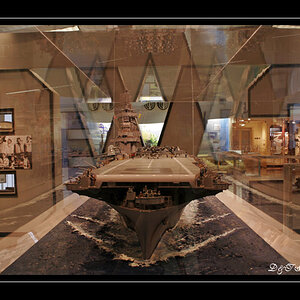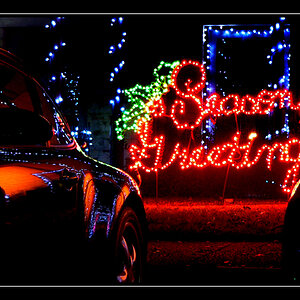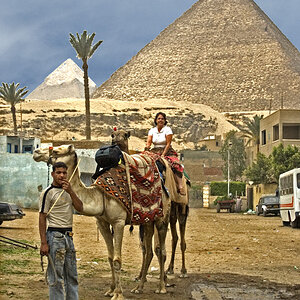Miss Sony
TPF Noob!
I second that, a friend of mine got scammed by a website that was selling a Nikon for way less than it was priced anywhere else.
Good point, I should have added that.I just use Best Buy to test products, I always buy online from a reputable shop.
If you find a website selling a camera well below sites like Amazon, B&H or Adorama, it's likely a scam site. Buy from reputable vendors. If you don't know if a site is a scam or not, ask us before you buy.


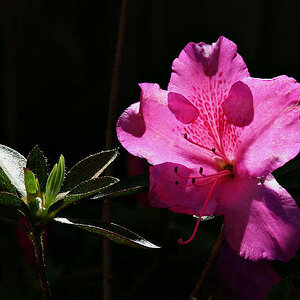
![[No title]](/data/xfmg/thumbnail/35/35212-039632ef3763350189fc49390cb7eadf.jpg?1619736950)
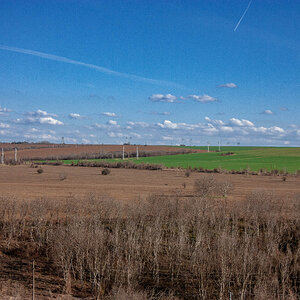
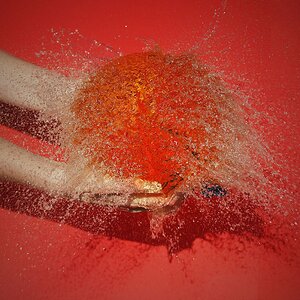
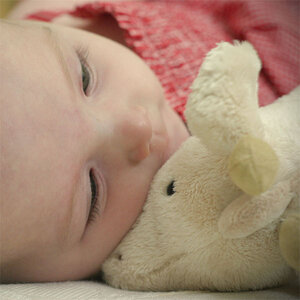
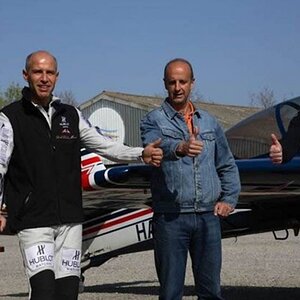
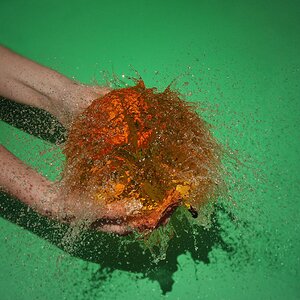
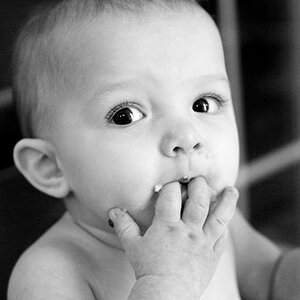
![[No title]](/data/xfmg/thumbnail/35/35215-cb01ff31834a4ee952045622f00781a5.jpg?1619736952)
